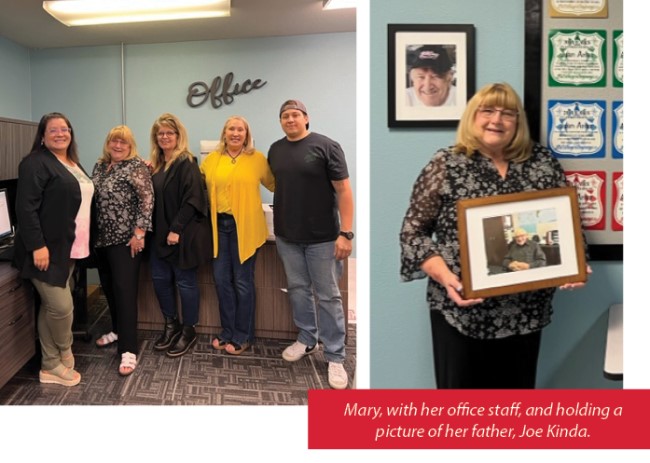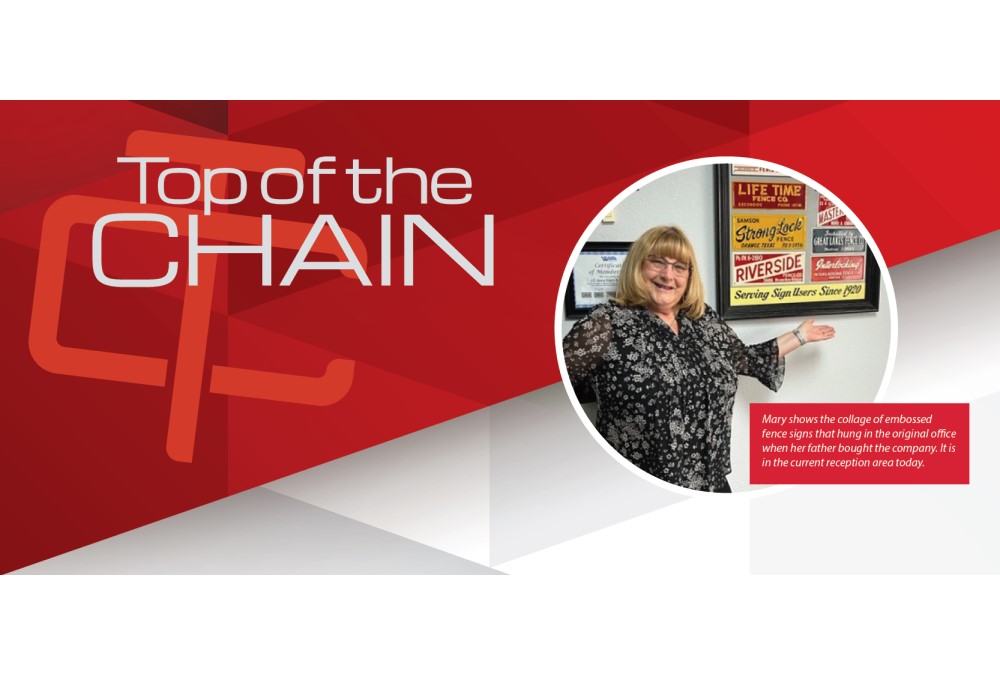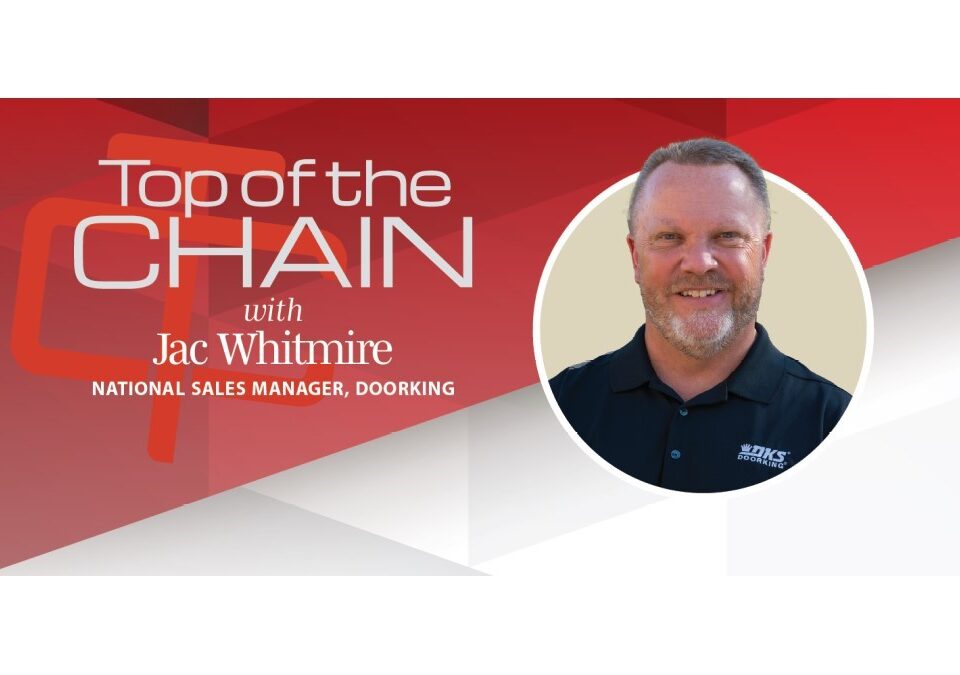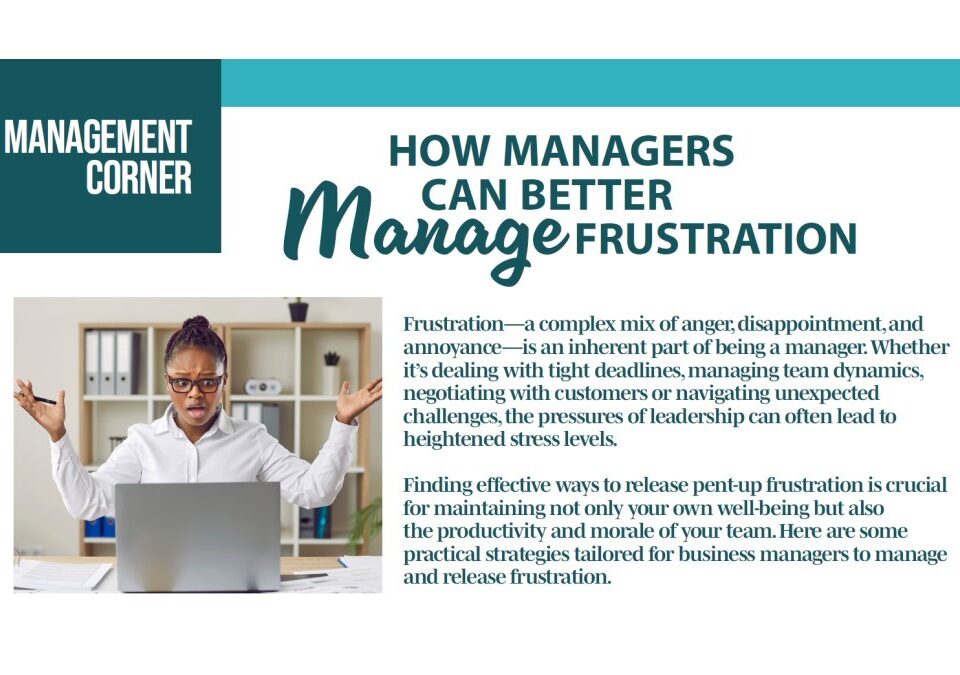
Improved Features for Temporary High Security Fencing
June 28, 2023
Women Gear Up with Blåkläder’s Workwear for Women
June 28, 2023Top of the Chain with Mary Cobb
PRESIDENT AND CEO, J.C. GURY
Mary Cobb, CEO of J.C. Gury, began working there part-time while in college. Fast forward
a few years and now she’s CEO of the company her father bought in 1971. J.C. Gury is a custom screen-printing sign
manufacturer focused mainly on outdoor signs and decals, doing business nationwide as well as Canada and Mexico.
She carries on her dad’s legacy, focused on customer service and quality craftsmanship.
Your father, Joe Kinda, bought the business in the 70’s. What was the business scope at that time?
He bought it from John C. Gury’s widow, Betty, in 1971; it was basically a sales company. Mr. Gury was a rep for many advertising specialty companies, and he sold to customers; he was essentially a middleman.
I remember dad got a desk and a phone and it was in our family room. Then he decided to rent a small office space. The suites were identified as J and P. He considered it a sign because those were his and my mom’s initials.
Since I was a business major, dad taught me to type orders and invoice for the various specialty companies. Then, along came an opportunity: my uncle’s company needed magazine rack metal nameplates. My dad had my two brothers silk screen print them in the adjacent space, since they had learned the technique in school. From there, he moved to a larger office with a shop in the back. This is where we brought in an artist and a mentor for them to learn how to make silk screens, print signs, and decals – all by hand. It was all hands on deck; even my mom and I punched holes in the fence signs. We still sold advertising specialties but expanded into silk screen printing.
When did you begin working there?
I started working for my dad part-time in 1972, while I was in college. He encouraged me to work other places to obtain experience in the business world, so I had a few part-time jobs doing office work. After graduating with a degree in business, I went to work full time for my dad. I helped with general office duties: typing orders, invoicing customers, and general bookkeeping.
Soon, I got married and started my family and opted to stay home with my children. I returned to work in 1981.
Did you envision yourself working with your dad after college, or did you have another career in mind?
I originally wanted to become a teacher. As it turned out, I was a substitute teacher two days a week for seven years, so I could be home with my children more.
When I returned to working at J.C. Gury in 1981, the business had grown in the years I was home with my children. He had increased sales for aluminum signs and decals, he had hired more employees, and acquired equipment necessary to manufacture signs and decals. He liked having all the manufacturing under one roof. Advertising specialties had become secondary.
What were some of your job duties?
I mainly worked on bookkeeping and accounting. I had a wonderful mentor, Loyal Christensen, who taught me; I still apply his teachings today. Of course, in those days, we didn’t have computers yet. Taking orders, pricing, invoicing and payroll was all done by hand. It was very time-consuming. Occasionally, my dad typed orders and invoices himself.
As computers came into the picture, my tasks became easier. We hired other customer service reps. We also did the shipping. I remember handwriting the items in the UPS book and typing COD tags. Computers made these tasks much easier.
What are a few significant changes that played a big role within the business?
My dad got involved with trade shows; that’s the main way he grew the business. He would stand in front of our display. If he saw a Hungarian name on someone’s badge, he greeted them in Hungarian. Next thing you know, they are in the booth speaking to each other in Hungarian.
There was one gentleman who didn’t need signs, but ordered some anyway just because he liked my dad, and he was Hungarian!
Another big change was getting set up on a network computer system. It greatly helped with our bookkeeping and accounting.
Finally, a change that hit all of us was when we lost my mom in 2011. My dad wasn’t quite the same. I took on more responsibility, including the purchasing for raw materials and making more day-to-day decisions.
How would you describe your typical day at work?
I check in with the office staff, they handle customer orders and I’m available for discussion and advice for unusual situations.
Once a week we have a production meeting where we go over every incoming order with our production manager, graphic artist and the sales team. We discuss each order and go over special requests and other pertinent information.
I procure raw materials and supplies for production and take care of all financial matters. We’re located in California which has strict business regulations; there is a great deal of paperwork that must be filed in a timely manner.
How would you describe the J.C. Gury approach to customer service?
It’s simple: be honest, fair, keep your word, and treat your customers the way you want to be treated. Every customer is important no matter how small or large the order is. Being friendly on the phone is also very important.
We still do things the old-fashioned way; when you call our customer service department, you talk with a real person who can give you answers and assist you with placing your order. We do not use an automated phone answering machine.
My focus is to keep J.C. Gury running like a well-oiled machine, as my father did. I’m proud to carry on his legacy.

Who were some of your mentors throughout your career?
First is my father. He taught me so much about business and how to treat people. He was well-liked by everyone, and he carried that over to our employees, too. He suggested I read “How to Win Friends and Influence People.” He told me that to succeed in sales, ask people about themselves. Most people don’t want to hear you talk about yourself. I always remembered that.
I was trained by our CPA how to transition from doing bookkeeping by hand to the computer and I still use what she taught me today.
What advice would you give to someone starting out in the fencing/manufacturing business?
Have wise and experienced mentors, capital, and a business plan. Be willing to work hard. Talk to people to see what their needs are in the fencing industry and see how you would fit in to benefit their business. Also, like what you do.




